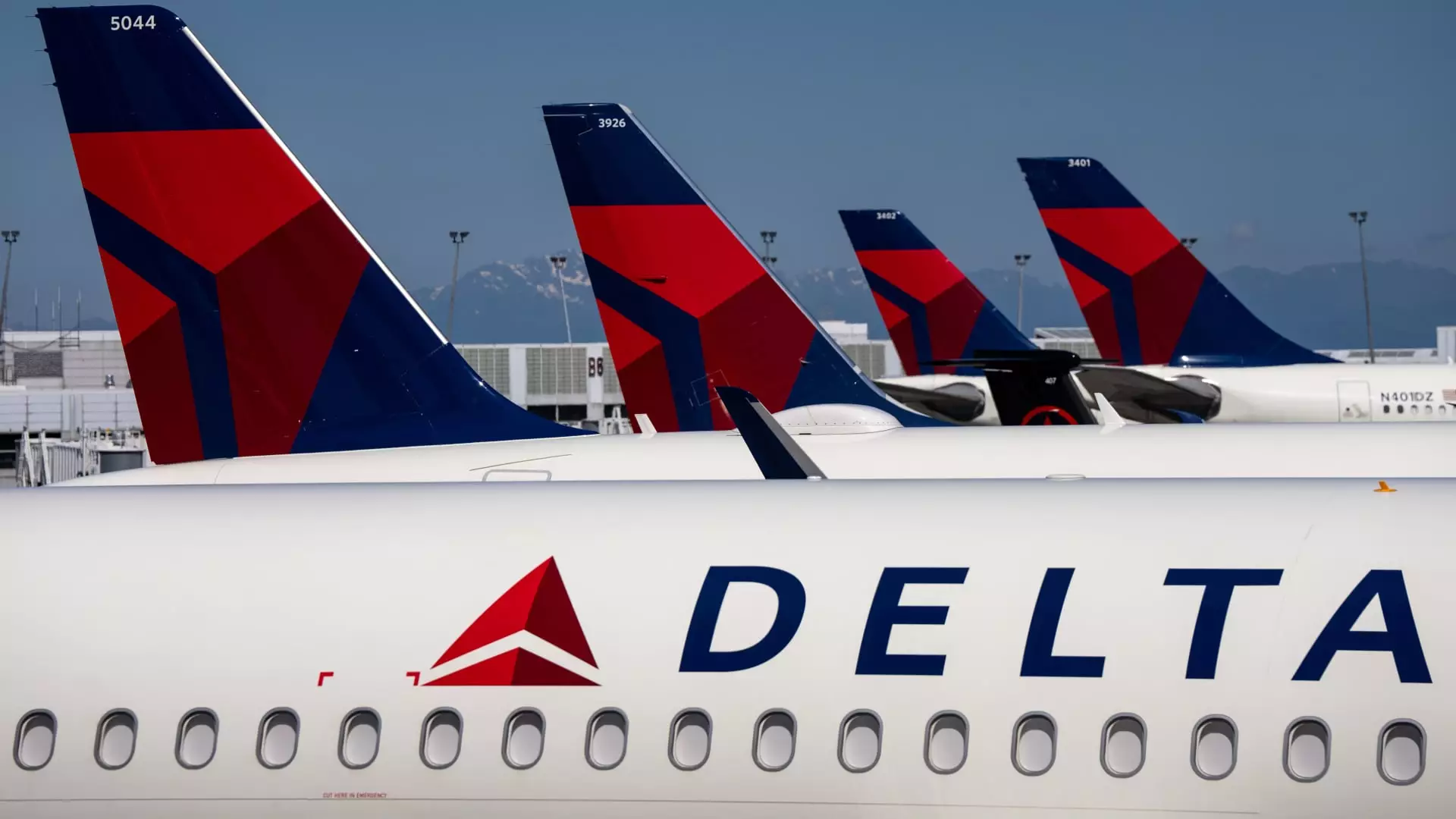In a recent move that has surprised many frequent flyers, Delta Air Lines announced the suspension of hot meal services across more than 200 flights originating from its hub at Detroit Metropolitan Wayne County Airport (DTW). The disruption has arisen due to a pressing “food safety issue” identified at one of Delta’s catering kitchens. Such news is particularly disconcerting, as it brings to the forefront the crucial balance between operational efficiency and food safety standards often taken for granted in the aviation industry.
The gravity of the situation prompted swift action from Delta and its catering partner, leading to an immediate shutdown of hot food production. According to Delta’s official statement, ongoing operations at the DTW facility were halted to address the concerns, with plans for hot food and other onboard provisioning to be sourced from alternative facilities. This transparent approach highlights Delta’s commitment to addressing safety standards, given the substantial amount of meals they provide daily through third-party suppliers.
However, the repercussions of this decision have been felt by many. On one particular flight, a message to the crew indicated a last-minute inability to load first-class meals due to “an unforeseen supply chain issue.” Instead, passengers were offered added snacks as a substitute, illuminating the challenges airlines face when dealing with sudden operational changes. Such adjustments may seem insufficient in addressing passenger expectations, particularly in premium cabins where meal service is a key aspect.
Impact on Passengers and Ongoing Communication
Fortunately, Delta has reported that no illnesses among its employees or customers have been linked to the issue at the affected kitchen, which should assuage some of the immediate fears surrounding foodborne pathogens. Nevertheless, the airline has taken proactive steps to compensate those disrupted, offering travel vouchers or frequent flyer miles to impacted customers. This gesture reflects an understanding of customer service, even in a situation that was beyond their immediate control.
Despite this reassurance, one cannot overlook the ripple effect such disruptions could have on brand loyalty and customer satisfaction. In an industry where consumer experience is paramount, airlines must be vigilant in maintaining impeccable service standards. This incident underscores the importance of not only food safety compliance but also effective communication during crises. Immediate updates, coupled with meaningful compensatory measures, can salvage customer relationships in the face of operational mishaps.
Incidents like these pose broader questions about the relationship between airlines and their catering partners. With most airlines, including Delta, relying heavily on third-party kitchens to provide thousands of meals daily, the stakes become higher. A singular flaw within a catering facility can have widespread consequences, leading to operational and reputational challenges.
Moreover, this recent episode can act as a wake-up call across the airline industry about the necessity of stringent food safety measures and robust communication frameworks. It showcases the need for frequent inspections, enhanced training for catering staff, and clear contingency plans to mitigate any unforeseen disruptions.
While Delta’s response provides a learning opportunity for the entire airline sector, it also brings to light the intricate dynamics of food service in aviation. Airlines must continue prioritizing safety while ensuring that customer experience does not falter amidst potential challenges.


Leave a Reply